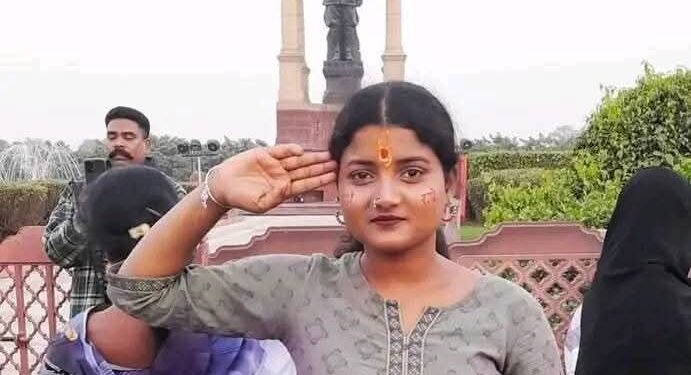Bhubaneswar- The sky over Palasia village in Balasore was heavier than ever, the silence broken only by the crackling of fire and the muffled sobs of a grieving family. Amidst the solemn gathering of villagers and officials, Soumyashree Bisi — a 20-year-old student with dreams of becoming an educator — was consigned to flames, leaving behind not just a body but a question that scorches the conscience of an entire state: how many more daughters must burn before we listen?
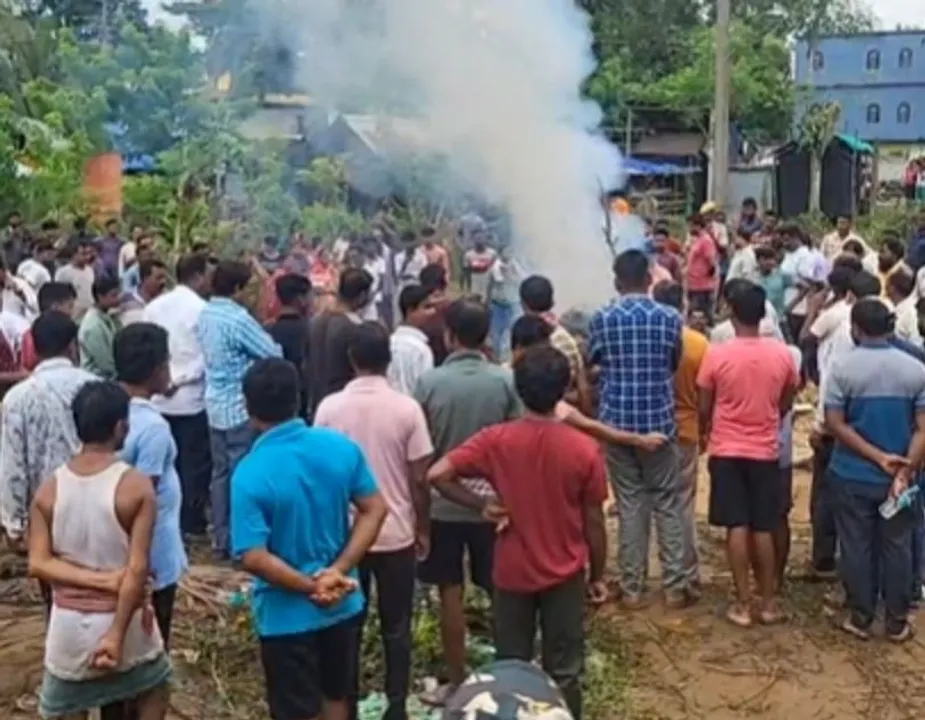
Soumyashree was not just another name in the long list of victims. She was a student of Fakir Mohan Autonomous College, brave enough to speak up against the alleged sexual harassment she endured at the hands of her department’s Head, Samir Kumar Sahu. With courage that belied her years, she wrote, reported, and resisted — taking her complaint from the college principal to the corridors of ministers and MPs. But instead of being shielded, she was ignored, isolated, and ultimately pushed to a point where she believed setting herself ablaze outside her principal’s office was the only way to be heard.
Even then, her suffering did not end. With more than 90 percent burns, she battled for life at Balasore Medical College and was later shifted to AIIMS Bhubaneswar, where machines breathed for her until she finally left the world at 11:46 PM on July 14. Her death is not just a personal tragedy, but a collective failure — of an institution that chose silence, of a system that failed to respond, and of a society that still questions the courage of victims more than the cruelty of perpetrators.
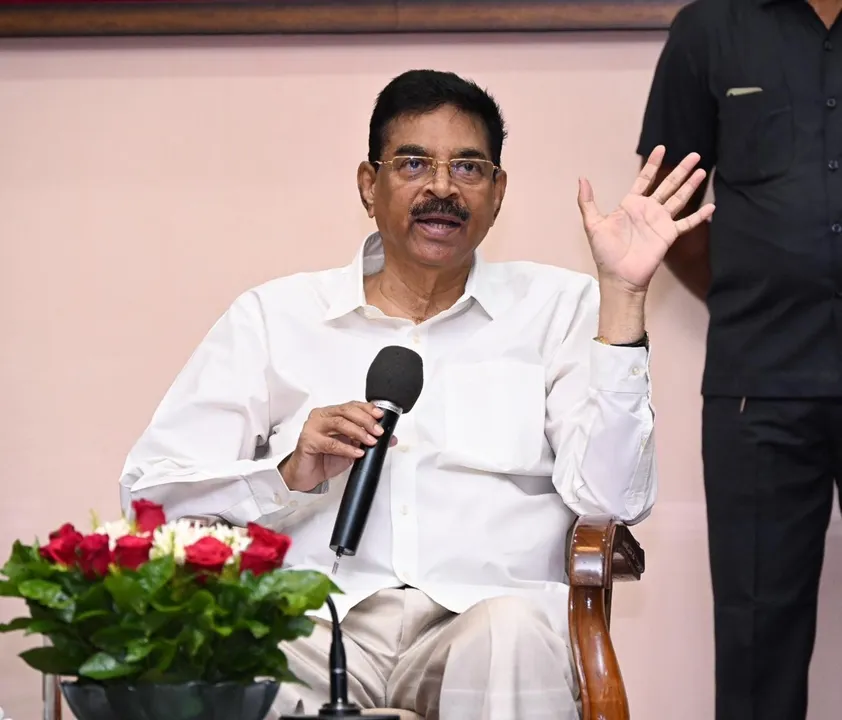
Odisha Governor Dr. Hari Babu Kambhampati expressed profound grief and promised the toughest punishment for those responsible, terming it an urgent reminder to safeguard our campuses. Chief Minister Mohan Charan Majhi announced an ex-gratia of Rs 20 lakh and reiterated the government’s commitment to bring the guilty to justice. Yet the weight of these promises did little to lift the unbearable sorrow from Soumyashree’s family, who had to watch their daughter turn from a fighter into a funeral.
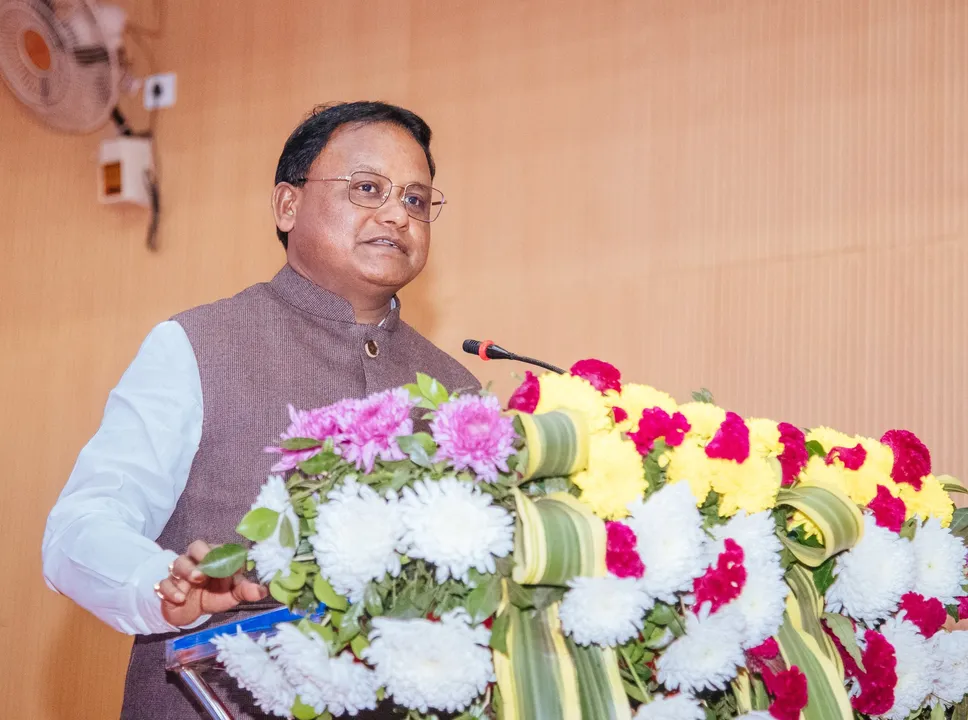
Leader of Opposition Naveen Patnaik did not mince words. He called it institutional betrayal, a planned injustice that unfolded as authorities consistently ignored her cries. In his anguished statement, Patnaik underscored how a system that remains deaf and indifferent becomes complicit in murder, not just negligence. Rahul Gandhi went further, branding it an “organised murder by the system,” accusing the ruling establishment of shielding the accused and crushing the spirit of a young woman who dared to raise her voice. He questioned the Prime Minister’s silence, echoing the anguish of countless others who watch helplessly as India’s daughters burn, break, and vanish — not just in Odisha but across the nation.
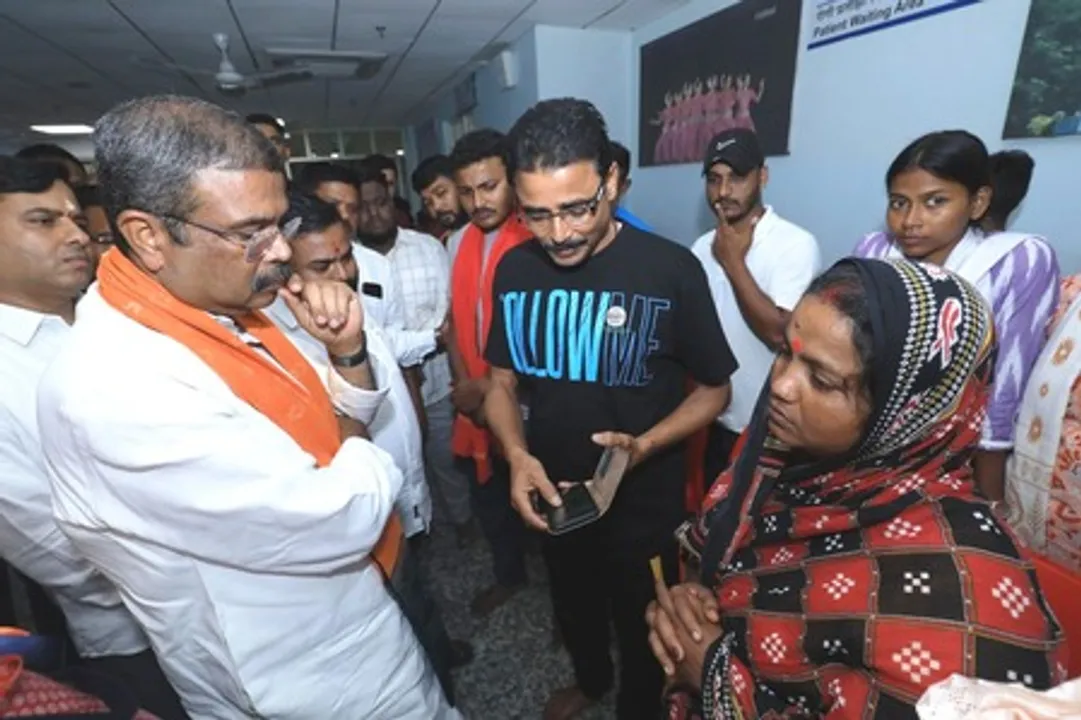
The accused, Samir Kumar Sahu, has been arrested and booked under serious provisions of the Bharatiya Nyaya Sanhita. The arrest, though, comes not as a relief, but as a haunting reminder that action only followed after a life was lost. And one cannot help but ask — what if someone had acted earlier? What if a complaint had turned into protection rather than paperwork?

Soumyashree’s story does not end at her cremation ground. It is now etched into the conscience of every student who fears retribution for speaking out. It is a chilling memory for every daughter who hopes her complaint will lead to justice, not isolation. Her final act was not one of surrender but of protest — the last scream of someone who no longer had words left to say.
As candlelight vigils begin to flicker across Odisha and investigations proceed under heavy scrutiny, this is not just a time for mourning — it is a time for reckoning. For years, the names of Mamita Meher, Itishree Pradhan, and now Soumyashree Bisi have burned through public memory. Justice, too often delayed or denied, has turned into an unkept promise that now demands fulfillment.
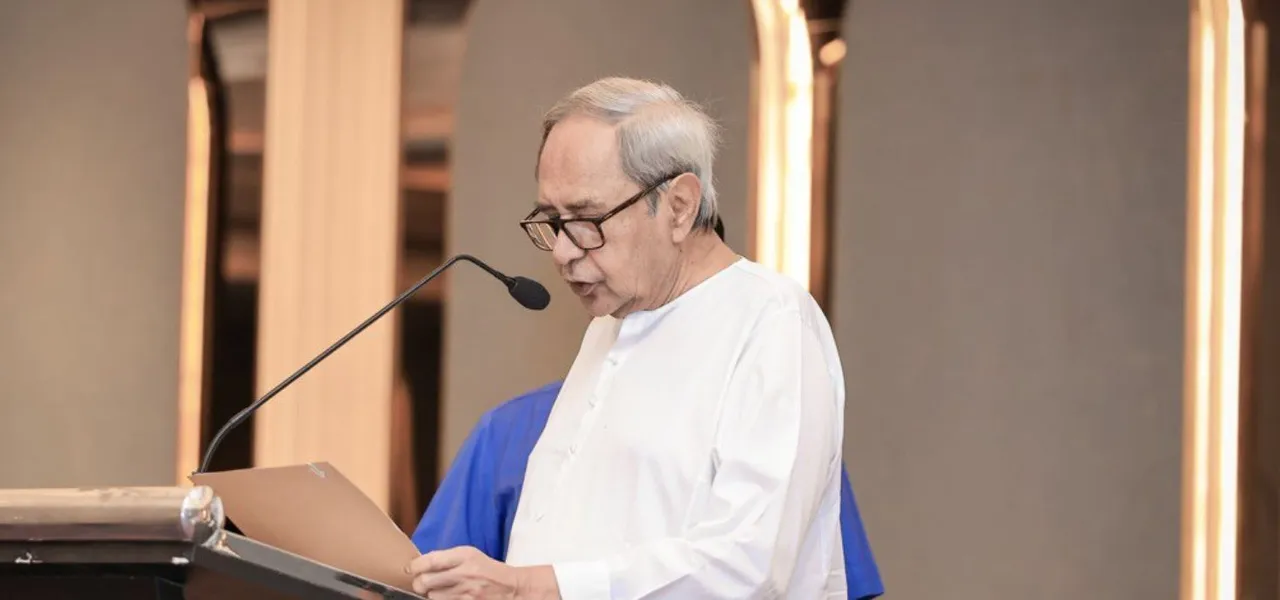
Soumyashree wanted to be a teacher — to educate, to uplift, to be a beacon in others’ lives. Instead, she became a symbol — of pain, protest, and the price of being unheard. As the flames rose over Palasia, they lit not just her funeral pyre, but the shame of a society that let her down.
Let this not be another story we forget after a few headlines. Let it be the last story of its kind. Let justice for Soumyashree not come as compensation or condolences, but as systemic change — where no girl feels she must set herself on fire to be believed.
And may the echoes of her final cry awaken a nation.
Input- Aswini Kumar Darjee


